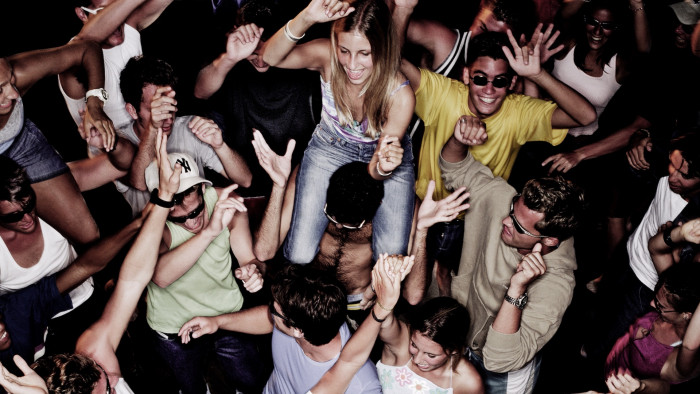Having a lie-in at the weekend could save your life, according to science
"I'm not being lazy, this is stopping me dying"


We all want more sleep – especially at the weekends. Annoyingly, however, these blissful weekend lie-ins are usually interrupted by screaming kids, the need to get up to go to the toilet or those dreaded social plans you agreed to months ago with family members you don’t really like.
But it turns out you really need to be prioritising these weekend snoozes - because your life could very well depend on it.
According to a new study, researchers have found that people under the age of 65 who get five hours of sleep per night or less have a higher risk of death than those who regularly get six or seven hours rest.
But, if you catch up on missed snoozing hours by having a lie-in at the weekend, you have no raised mortality risk. Fantastic news.

You now have THE perfect excuse for staying in bed at the weekend
“Sleep duration is important for longevity,” said the study’s author Torbjörn Åkerstedt, from the Stress Research Institute, Stockholm University, according to The Guardian.
“The assumption in this is that weekend sleep is a catch-up sleep.”
Read more: 6 reasons why you’re not sleeping (and how to fix it)
The study, published in the Journal of Sleep Research, is based on data from more than 38,000 adults. It found that there was a 65% higher mortality rate for people who didn’t get enough sleep but “there was no increased risk of death for those who slept five or fewer hours during the week but then managed eight or more hours’ sleep on weekend days.”
But be warned! The study also found that people who consistently overslept (for eight hours or more) were found to have a 25% higher mortality rate.
Read more: This is how your sleeping position affects your health
Okay, so now we know about the benefits of regular, healthy sleep. How do we actually do it?
Psychologist and sleep expert Dr Ian Wallace earlier told ShortList about some useful ways to improve your sleeping schedule. Here’s his advice…
1. Leave work at work
Banish all electronic devices like computers, tablets and phones from your bedroom. Even though you are not using them for work-related activities, these devices will over-stimulate your mind and prevent you from achieving the level of relaxation you really need for a good night’s sleep.
2. Can the coffee
Having caffeine in your system will continue to work through into your sleeping time at night. The result? A restless sleep and a greater chance of frequently waking up.
3. Bin the booze
Alcohol acts as a sedative and can help you get off to sleep, but the effect wears off and it becomes a stimulant as the body processes it. This will cause you to wake up in the early hours, where your mind will inevitably turn to work issues, resulting in restless wakefulness rather than restful sleep.
(Images: Getty)
Latest


Ten things you need to know about Hyrox


Is clubbing actually good for you? We asked an expert


Horticulturist shares tips on how to urban garden
Related Reviews and Shortlists


Best gifts for runners that they'll actually want and use





